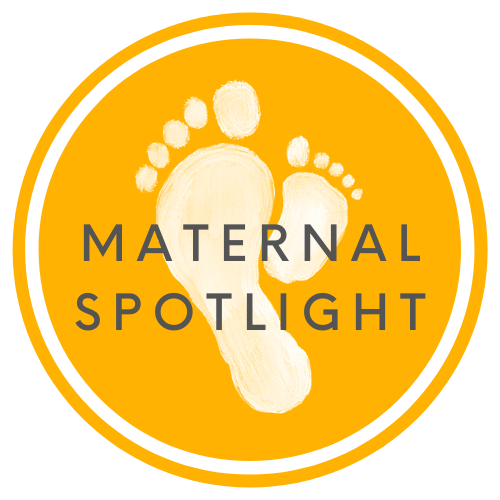What is evidence-based empowerment?
Evidence-based empowerment refers to having a strong knowledge-base that can enable you to create the health experiences you want. Our goal is to help you generate this by becoming a primary resource of maternal information. Aspiring & expecting mothers, parents & caregivers, families & communities -- we want to provide you with trusted information that you can use to feel confident in making health care related decisions.
Advancing our understanding of maternal health necessarily includes the study of pregnancy and birth. But it's also so much more.
Our approach is inclusive of experiences with fertility issues, pregnancy, all types of birth, loss, parenting, and any level of community caregiving - from child to elders.
As a team of social scientists, clinicians, and birth workers, we are committed to addressing a broad range of maternal experiences - including the ones that are not fully understood.
Connecting you to resources.
We bring you easy to access evidence-based information about topics related to your maternal concerns — all in one place.
From our blog to our policy dashboard, we report the latest trends in maternal research, governmental policies, and social supports.
What We Do.
We apply a novel approach to the study of maternal health and empower communities with the evidence we generate.
Independent investigations
Maternal health researchers cannot effectively improve well-being without the right information.
Our team seeks to advance research in maternal health through careful independent investigation of personal experiences and targeted data collection. By creating survey tools with practitioners in our communities, we can better understand what reduces harm and improves well-being.
Creating community partnerships
We believe community-engaged research can lead to innovation. We partner with community programs and organizations who are creating change in maternal health — like a volunteer doula program, a postpartum care program, or the Be Her Village gift registry which focuses completely on prenatal and postpartum care services.
Improving access to care
Access to birthing support and postpartum services is a challenge for many mothers and families with limited financial resources.
The Spotlight Fund will provide financial assistance for in-need families to access services such as doula support, lactation specialists, child care, meal deliveries, etc., all of which have been demonstrated to significantly improve maternal and child well-being.













